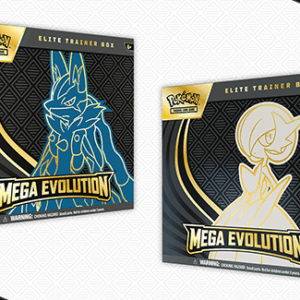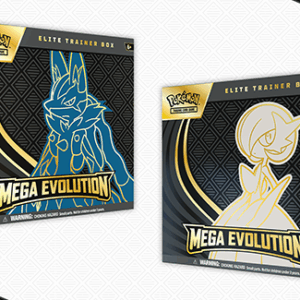In a dramatic courtroom saga that’s as engaging as a four-hour Monopoly game among fiercely competitive friends, trading card giants Panini and Fanatics are preparing for their next strategic moves in an unfolding legal battle. The fight commenced in 2023 when Panini decided to roll the dice on an anti-trust lawsuit against Fanatics. The company, citing Fanatics’ exclusive deal wins with the NFL and the NBA, accused Fanatics of monopolizing the trading card market in a way that would make even the sly Mr. Monopoly blush.
Fanatics, not one to fold at the first sign of card-shuffling competition, promptly responded by firing a countersuit across the Panini bow. They argued that Panini was up to no good, allegedly sidestepping fair competition principles to interfere with their budding business affairs.
Neither side was willing to back down, and now, thanks to federal judge Laura Swain of the Southern District of New York, it seems neither side will have to, at least not just yet. This past Monday, Judge Swain issued a ruling that allowed both lawsuits to inch forward, albeit with a few modifications that are worthy of any legal thriller plot twist.
Panini’s anti-trust suit was dealt a partial blow. While Judge Swain found sufficient merit to suggest Fanatics might indeed have grounded itself a monopoly-sized spot on the board, she wasn’t wholly convinced by all of Panini’s lamentations. She dismissed parts of their damages claims, pointing out that Panini’s position as one of the last titans standing might have actually benefited from this market reshuffle. It seems Panini might be closer to a hotel-owning magnate rather than a vulnerable small-business owner.
On the flip side, Fanatics’ claims of unfair play by Panini didn’t quite pass Go unscathed either. The judge ruled that, in essence, Panini’s alleged interference was more a disruption than an illegal move. However, Fanatics scored a small victory in their employee-theft claim. It appears Panini’s alleged tactics to retain their staff might mean they temporarily became the Great Wall of Employee Retention. This particular claim, therefore, remains in play for fanatics.
With the lawsuits greenlit to continue, the next steps in this ongoing saga will involve the discovery phase. This phase promises to be a gold mine—or a minefield—depending on one’s perspective. It will include a series of sworn testimonies from both Panini and Fanatics executives, a meticulous review of internal company documents, and depositions of key witnesses who might hold the rare key card in their testimony.
For those hoping to watch the dust settle quickly, patience will be a harshly enforced rule. These complex legal grappling matches can drag on for months, potentially stretching into the realm of years before they reach a final verdict.
For trading card collectors, the impact of this heavyweight duel might feel like ripples at present, particularly with Fanatics-backed Topps re-entering the NBA and NFL card production arena. Yet, beneath the calm, the shifting tectonic plates of this lawsuit could hold the potential to reshape the entire landscape of the hobby—they might even give Mount Vesuvius a run for its money.
Suppose Panini emerges victorious in its anti-trust claims—will the doors swing open to let new competitors flood the market, bringing fresh creativity and perhaps an entire collection of options for collectors to revel in? On the flip side, if Fanatics manages to substantiate their interference claims, could Panini suffer a financial setback that diminishes its towering position in the market? Will collectors find themselves in a lush field of choices or trapped in a fortified labyrinth owned by Fanatics?
As the courtroom drama continues to unfold, enthusiasts and investors from the world of trading cards will be keenly watching from the sidelines, ready to rewrite their game plans as this intricate legal narrative spins towards its yet-unknown conclusion. As with any good trading card game—patience, strategy, and a bit of luck will determine the winners in the end.






